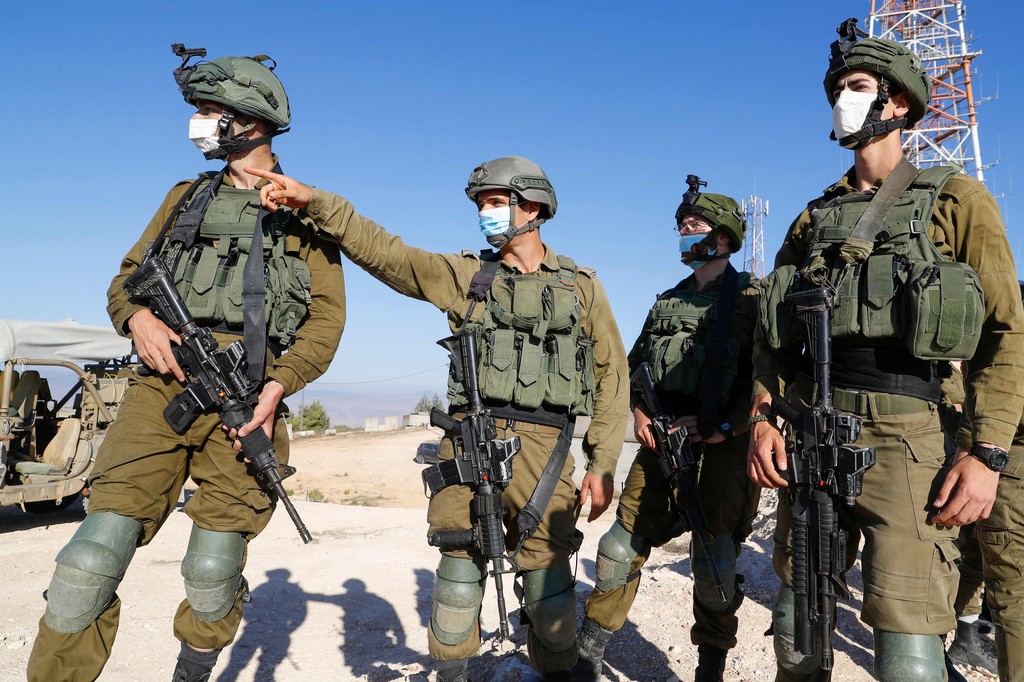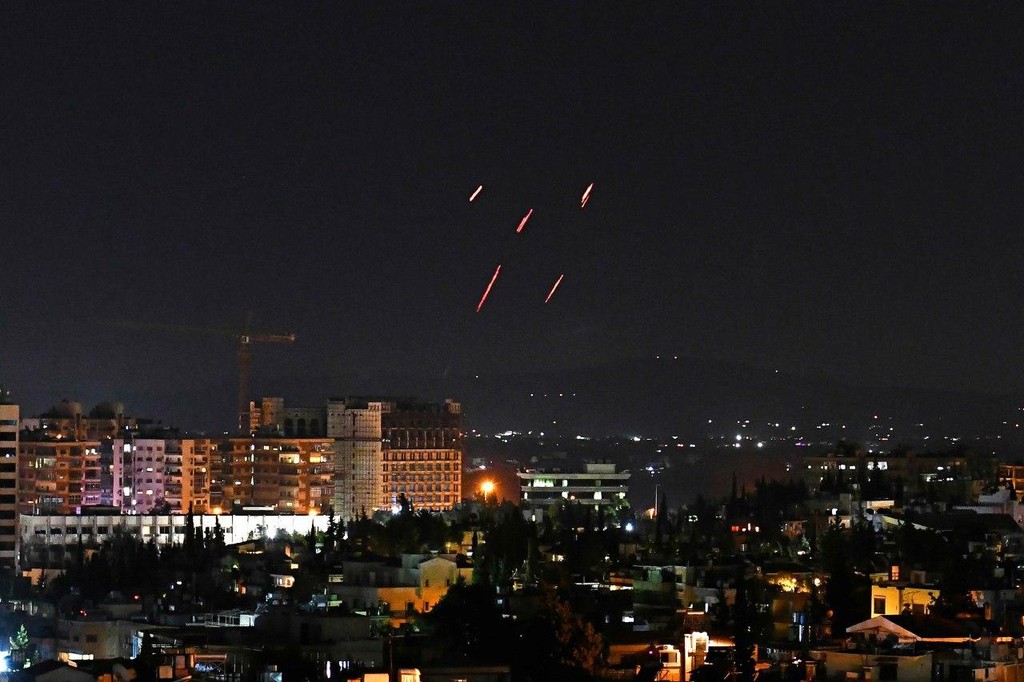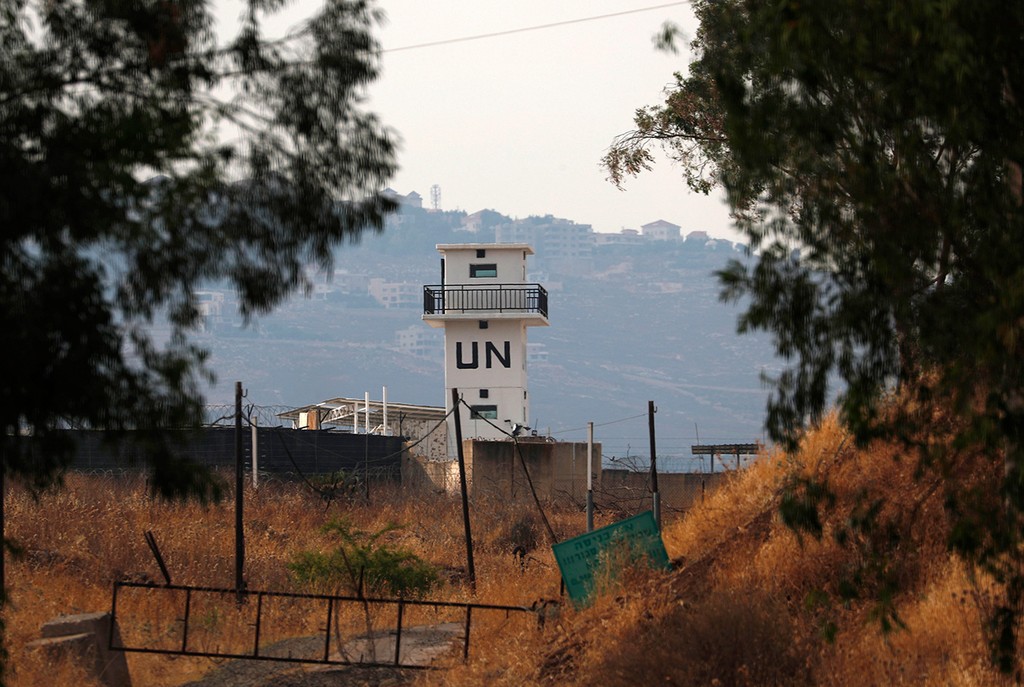Harsh rhetoric from Israel and Lebanon's Hezbollah appeared to threaten further conflict after border unrest this week, but experts predict both sides will try to avoid escalation.
As the coronavirus pandemic has deepened Lebanon's economic turmoil and also rocked Israeli politics, the last thing either of the arch-foes wants now is a new military conflict, they argue.
Tensions spiked last Monday along the UN-demarcated Blue Line after months of relative calm when Israel said it thwarted an infiltration attempt by up to five Hezbollah gunmen, a claim denied by the Iran-backed group.
Israel reported an exchange of fire that forced a group of militants back into Lebanon and said it fired artillery across the heavily guarded border for "defensive" purposes.
The incident came a week after an alleged Israeli missile attack hit positions of Syrian regime forces and their allies south of Damascus on July 20, killing five, including a Hezbollah member.
Hezbollah said at the time a response to the deadly Syria strike was "inevitable", heightening tensions.
Prime Minister Benjamin Netanyahu warned Monday that Hezbollah was "playing with fire" and that Israel's response to the border incursion would "be very strong".
6 View gallery
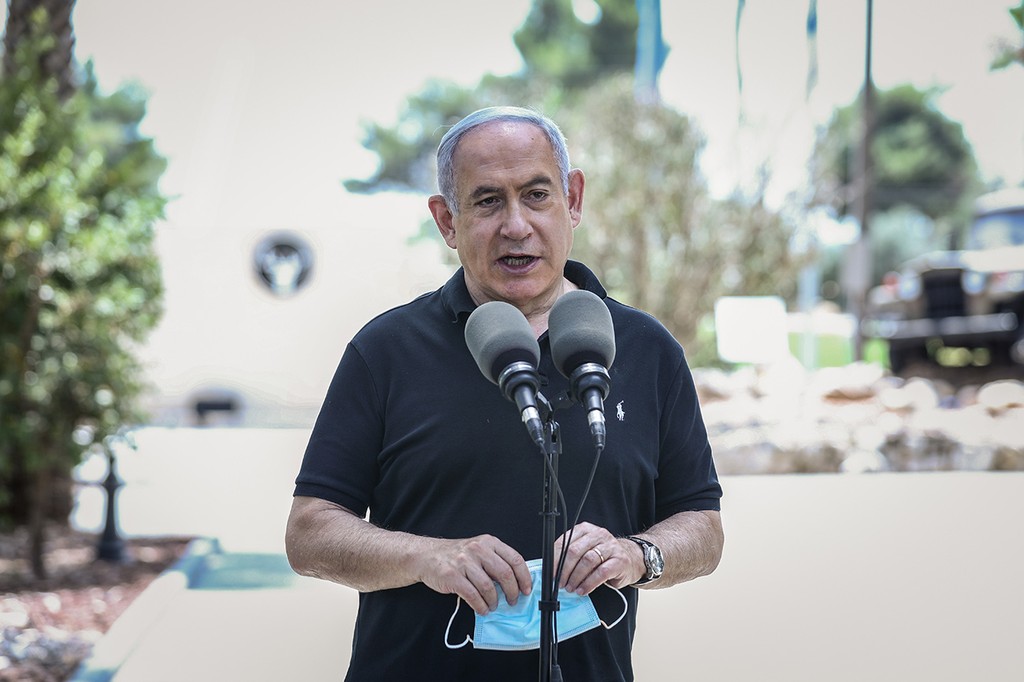

Prime Minister Benjamin Netanyahu on tour of Israel's northern frontier following a fire exchange in the area between the IDF and Lebanese militants
Since then the IDF has remained on "alert" to see if Hezbollah is "going to do anything else," said analyst Orna Mizrahi of the Institute for National Security Studies.
However, Mizrahi, who previously served in Netanyahu's national security office, argued that a full-blown escalation now was in neither side's interest.
With the pandemic wreaking havoc - especially in Lebanon, stuck in its deepest economic crisis since the 1975-1990 civil war - she argued that "both sides don't want a conflict now".
'False calm'
The last major conflict between Israel and Hezbollah broke out in 2006. A month of fighting left more than 1,200 Lebanese dead, mostly civilians, and killed 160 Israelis, mostly soldiers.
The Blue Line has remained tense ever since, as an AFP team experienced on a visit last month, 10 days before the border incident.
Officer Jonathan Goshen said Israeli forces could see Hezbollah "preparing for the next war".
Hezbollah's military presence along the Blue Line is not immediately visible to visiting reporters, but a March report from the United Nations said the group has fighters and weapons deployed there.
"The border looks calm, but it isn't," Goshen told AFP, weaving in a Jeep amid the trees near Metula, the northernmost village on the Israeli side.
According to Goshen, when Israeli forces approach the Blue Line, "it's quiet for the first 10 minutes and then we see them coming all the time, trying to collect intelligence".
6 View gallery
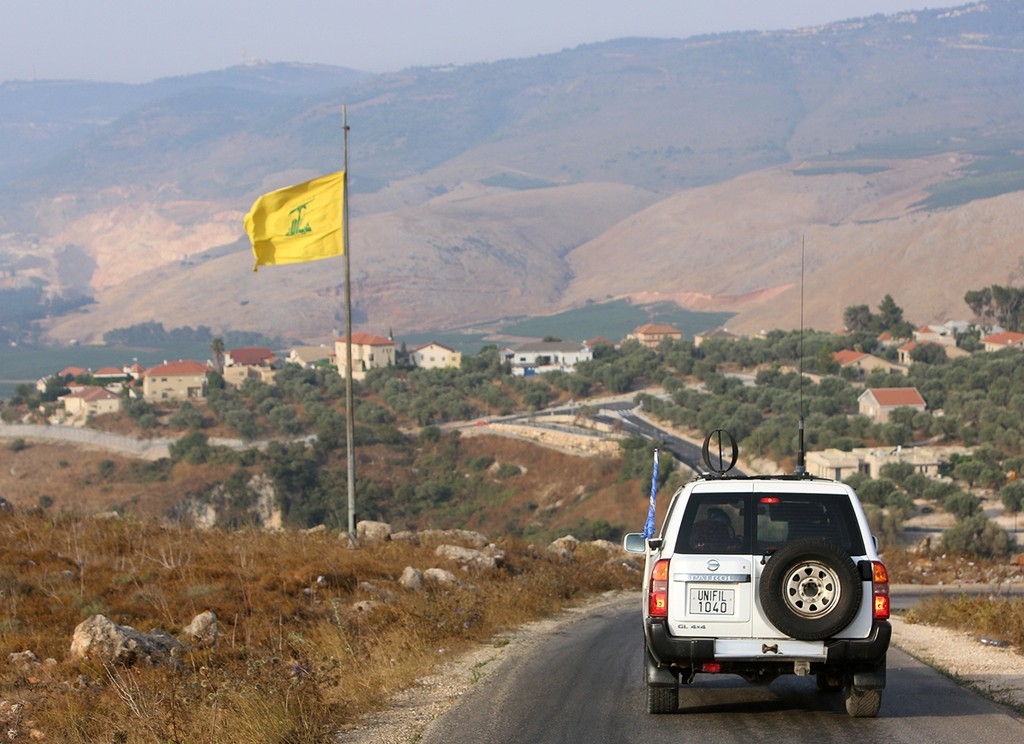

A UN peacekeeping detachment driving by a Hezbollah flag in southern Lebanon
(Photo: Reuters)
During AFP's visit, a small group was visible moving among the fruit trees on the Lebanese side, sparking heated discussion among IDF troops on whether they were Hezbollah or farmers.
"Hezbollah!" Goshen said, before ordering his soldiers to pull back.
Avoiding 'imbroglio'
Hezbollah specialist Didier Leroy of the Royal Higher Institute for Defence also argued that the group remains primarily focused on the turmoil gripping Lebanon, which has seen protests since last year against a political system widely deemed corrupt and incompetent.
The demonstrations, which have also shaken Hezbollah strongholds, are a "significant factor" in its calculations, he said, adding that "the atmosphere in Lebanon is not favorable for a hardline anti-Israel agenda".
6 View gallery
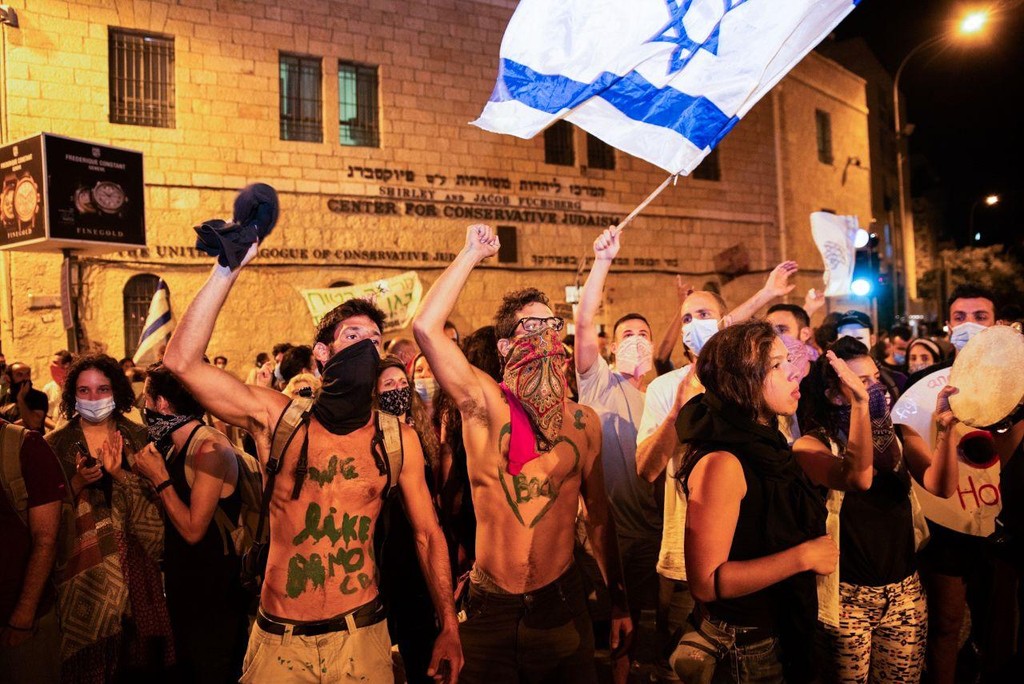

Anti-Netanyahu protestors outside Prime Minister Netanyahu's official residence in Jerusalem
(Photo: Shalev Shalom)
While Israel's financial crisis is less severe, Jerusalem is struggling to contain surging coronavirus transmission while street protests over economic hardship, and against right-wing Netanyahu's leadership, have grown by the week.
The Israeli army declined to comment when asked by AFP if its soldiers indeed had orders to refrain from using lethal force.
"The decision-makers faced the imbroglio from 2006: they didn't want to roll into the Third Lebanon War."


